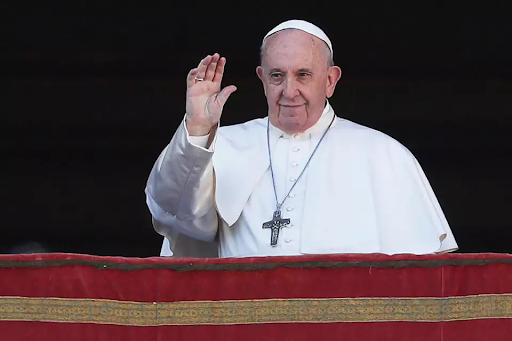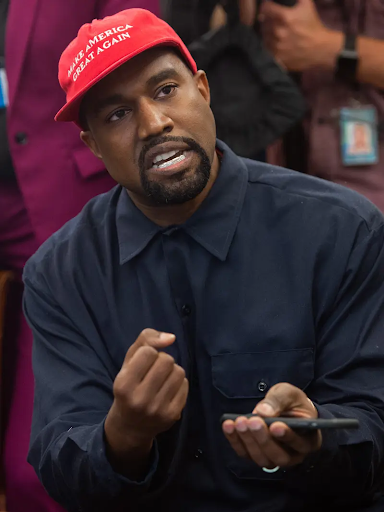
The day after Pope Francis delivered his final Easter Sunday speech, the Catholic Church announced his death. He perished at 7:35 AM local time on Easter Monday. His death began a nine-day mourning period, which will culminate with his funeral on April 29th. This event is expected to draw attention from around the world. Pope Francis is leaving behind a legacy of transforming the Catholic Church to stand for acceptance and openness for everyone. Here’s a look at some of his most notable moves as the face of the world’s most populous church.
Acceptance:
One of the most prominent aspects of Pope Francis’s reign was how he accepted and supported several distinct groups throughout the world, some of which included refugees, migrants, and the impoverished. As of late, he has been critical of U.S. President Donald Trump’s immigration policies, labeling them a “major crisis.”
“Act of deporting people who in many cases, have left their own land for reasons of extreme poverty, insecurity, exploitation, persecution or serious deterioration of the environment, damages the dignity of many men and women, and of entire families, and places them in a state of particular vulnerability and defenselessness,” said Pope Francis in an official statement.
The Pope openly sympathized with members of these groups with other statements that mirror the sentiment in the previous quote, but it had more recently come to light as a result of the US Border Crisis.
War:
In the last Easter address he gave, the Pope called for a ceasefire in Gaza amid the conflict between Israel and Palestine. He was an outspoken opponent of war, mainly making statements that take an approach for ending conflicts. He supports the two-state solution to end the Israel-Palestine conflict, and has shifted his view of the Ukraine-Russia war to ending the conflict, which would mean lost territory for Ukraine.
Can you really blame him, though? Catholic law denounces war with its quote, “thou shalt not kill” quite literally meaning that killing someone is not a thing the church supports. Additionally, not many people on this planet would openly support killing someone if just plainly asked if they would. It is all about peace for the Pope, and his very last speech is proof of how big a proponent he was of the anti-war effort globally.
LGBTQ+ Rights:
Most religions have tended to disregard LGBTQ+ rights or label them as enemies, which is primarily why there’s been so much division on the issue lately. But, Pope Francis seemingly ignored those values, as he has many times defended the community. Stating, “Who am I to judge?” which quickly became one of his most famous statements, and a key defense point in the argument for the community. The Pope also denounced criminalization of Homosexuality, calling it “unjust”.
During the global push for the acceptance of the community that has been occurring recently, it makes sense that the man who desires worldwide tranquility more than anything else would state the things he has and use his platform within the Catholic Church to attempt to help communities achieve equality.
Conclusion:
In his tenure as the Pope, Pope Francis was highlighted for his openness to change, embracing true peace, and trying to make sure that the rule of natural rights prevails.







